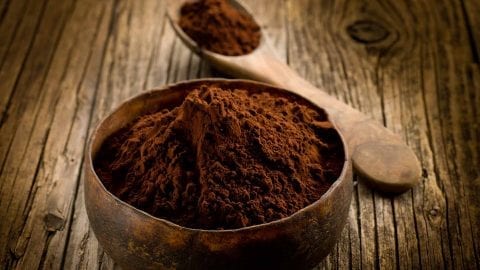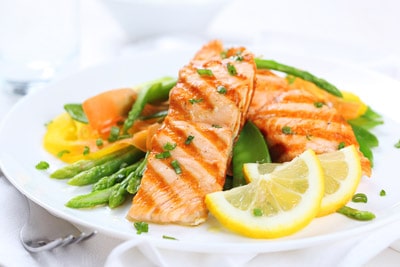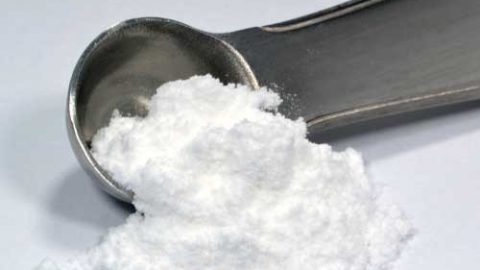
This show I cover whey protein. If you think you know whey… What makes
whey unique from ALL other proteins tested? What’s the major differences between isolates and concentrates you need to know? What about claims of “grass fed” whey being superior to others? How does whey impact your health?
That’s just tip of the iceberg of what I cover in this latest BrinkZone Radio show!
Listen to this show HERE
Will Brink is the owner of the Brinkzone Blog. Will has over 30 years experience as a respected author, columnist and consultant, to the supplement, fitness, bodybuilding, and weight loss industry and has been extensively published. Will graduated from Harvard University with a concentration in the natural sciences, and is a consultant to major supplement, dairy, and pharmaceutical companies.
His often ground breaking articles can be found in publications such as Lets Live, Muscle Media 2000, MuscleMag International, The Life Extension Magazine, Muscle n Fitness, Inside Karate, Exercise For Men Only, Body International, Power, Oxygen, Penthouse, Women’s World and The Townsend Letter For Doctors.
He’s also been published in peer reviewed journals.
Will is the author of the popular e-books, both accompanied by private members forum access , Bodybuilding Revealed & Fat Loss Revealed.
You can also buy Will’s other books on Amazon, Apple iBook, and Barnes and Noble.









Another great show Will!
Left unsettled to me, is the issue of “denatured” WPI. You mentioned “acids” as one of the ways to denature, as well as heat. So:
1. Does adding acid juices to whey shake effect it at all?
2. How ’bout cooking with whey?
Thanks in advance.
The acidity of fruit juices is unlikely to damage the delicate fractions of whey that increase glutathione. Unless perhaps you left in in the juice for days or weeks. I don’t know what the PH/time is for that, but by acidic we are talking during processing not stirring into your OJ and drinking it.
Cooking, it’s likely the high temps during cooking could indeed destroy the native conformation (the term used to describe the 3 dimensional shape of the proteins or peptides, discussed in the show) but i don’t believe specific time/temp/duration studies exist under cooking conditions to know exactly what it takes.
I’d generally recommend not cooking with whey if the goal is to maintain those essential peptides that raise glutathione if the goal of taking the whey is for it’s impact in gluathione and immunity vs say simple protein replacement.
Due to all the Qs this show is already generating, I may need to do a part II of this show to answer all the Qs. 🙂
Thank you Will, you’ve once again cleared things up succinctly.
The “part two” radio thing, or a followup, is a great idea.
You can probably expect questions after almost every show.
Even w/out reading your bio, just the fact that you don’t endorse or sell supplements, adds a
ton of credibility – something very unique in this field.
This is good information Will!! I used to microwave a chocolate whey protein to make a brownie….a recipe that I have. What a waste….and to think I counted that protein source in my macros. Yep a second episode on whey may be beneficial!!!
I really enjoyed this show…as usual
As I understand Will’s answer, you didn’t “waste” your protein, its still there whether you cook it or not. It’s just “denatured” now, & you “might” loose some health benefits (e.g., increasing glutathione). Nothing really unhealthy about eating a little cooked whey protein, just ingest some uncooked, along with a variety of healthy protein containing foods, and you’ll do just fine.
That was a good talk on whey. I also have studied it and I agree with your content. I would like to know your in depth opinion on colostrum.
Colustrum is interesting stuff, but the doses used in studies that find benefit far higher than what’s usually in supplements sold. It’s very expensive, often not legit colostrum, often lost its potency, etc, making it difficult to give clear recommendations. I do cover it in the Body Building Revealed Program and Sports Supplement Bible book if interested.
I think there’s some potential health value to it, but data is conflicting and used 20-60g per day, which is a lot of colostrum.
Interesting…..
Your radio series is a great addition to your articles, books and writeups. One subject you have mentioned for some time is sarcopenia. As a guy with a few miles on his odometer I would really like to see a presentation on the latest research and hear about effective ways to slow and/or reverse the muscle wasting and loss of body tone that is such a downside of aging.
Thanks Will,
Larry
Larry, glad you like the show. There is both an article and vid here on sarcopenia, but I agree,
good topics for a future show for sure!
How do you give whey protein to your dog? I’m curious about this after hearing that studies were done with dogs. I cant find any examples of people giving whey protein to their dogs, only people advising against giving it to their dog.
I’d think it would be simply a matter of mixing it into some food, etc. My dog loves protein drinks, and so I may just make a little extra and pour it into her dish. She gets excited when I turn the blender on now because she knows protein drink for us both will follow 🙂
Good and informative. Thanks !
Hey, Will, great show, you really answered many things I had on my mind for some time now. Can you answer what to look for when buying whey product, how to recognize high quality whey product from reading label, and is there benefit to avoiding artificial sweeteners in whey like acesulfame-k, aspartame and sucralose.
There’s really no way to tell the quality of the whey by the label as companies will always write up their product as the best whey on the market. Risks/lack of risks of synthetic sweeteners would be a show by itself, and I hope to cover that topic in the near future.
Please do, thank you!